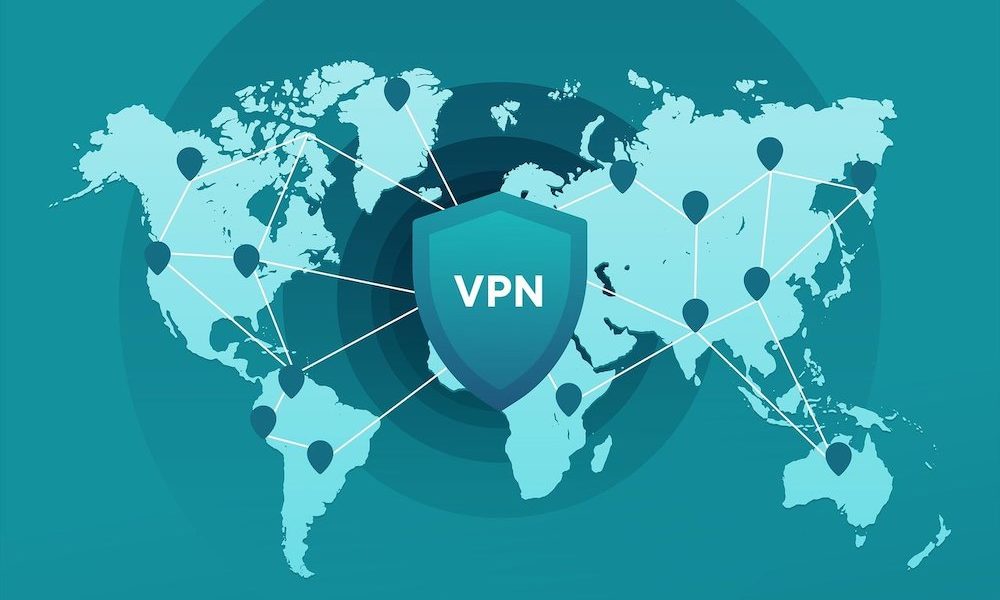
People who care about the privacy and security of their online data consider VPNs to be an indispensable tool. A VPN (virtual private network) hides your IP address and encrypts your online traffic, which translates into greater security on public Wi-Fi networks, and also greater diversity of access to online content by overcoming geographical restrictions. In turn, VPN providers can alert you to fake websites or your personal data that have been leaked online.
Now, choosing the right VPN will, of course, depend on the needs of the user. Mainly on which device you will need it, and for what purpose (it might require additional layers of security, or special features like multi-hop). However, the basic quality for a VPN is in its protocol; that is, in that code or operating engine behind the scenes, and on which the most basic protection criteria will depend.
Three Recommended VPN Protocols
Wireguard. It is one of the newest and most innovative protocols on the market. Unlike other VPN tunnels, Wireguard works with just 4,000 lines of code, compared to 10,000 other protocols. The latter translates into efficiency, speed and lower energy consumption. It also translates into less vulnerability, by reducing the options for attack by crackers.
Unfortunately, Wireguard’s lightness prevents it from being able to obfuscate the network natively (“obfuscate” means to make VPN traffic look like normal internet traffic). This complicates the use of Wireguard on its own, perhaps making it necessary to find a VPN provider that complements the Wireguard protocol with other features.
OpenVPN. It is the most widely used VPN protocol in the industry, thanks to its open code that has allowed for improvement and adaptability by thousands of experts. Some providers offer free trial VPN based on this protocol; And they add, of course, additional functionalities.
In theory, OpenVPN does not perform as well as Wireguard in terms of speed and efficiency. But, on the other hand, it can be much more powerful since it allows the configuration of internal security protocols. It also has one of the most powerful data encryption systems.
IKEv2/IPSec. One of the favorite protocols among mobile users. It has an extraordinary speed to change networks. In addition, it has an internal security system that works very well when data is exchanged between different devices.
Two VPN protocols No recommended
SSTP. Due to its way of working, it cannot have the same functionalities of the recommended VPN protocols. The most alarming thing is that has code that has never been audited. It also has compatibility issues with some operating systems like MacOS.
PPTP. Although it is fast, it is a very old-fashioned protocol. The recommended protocols, Wireguard, OpenVPN, and IKEv2, far outperform it in terms of security. It’s just not a worthwhile protocol.



